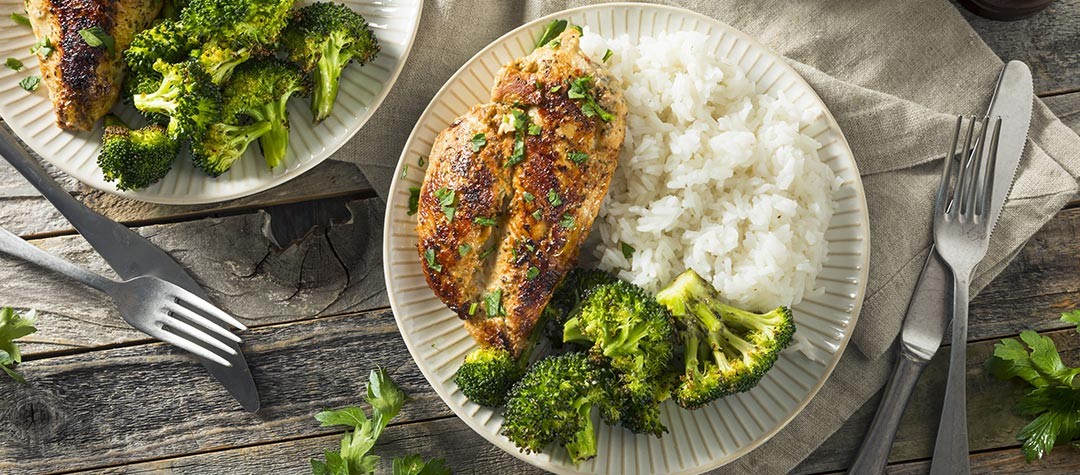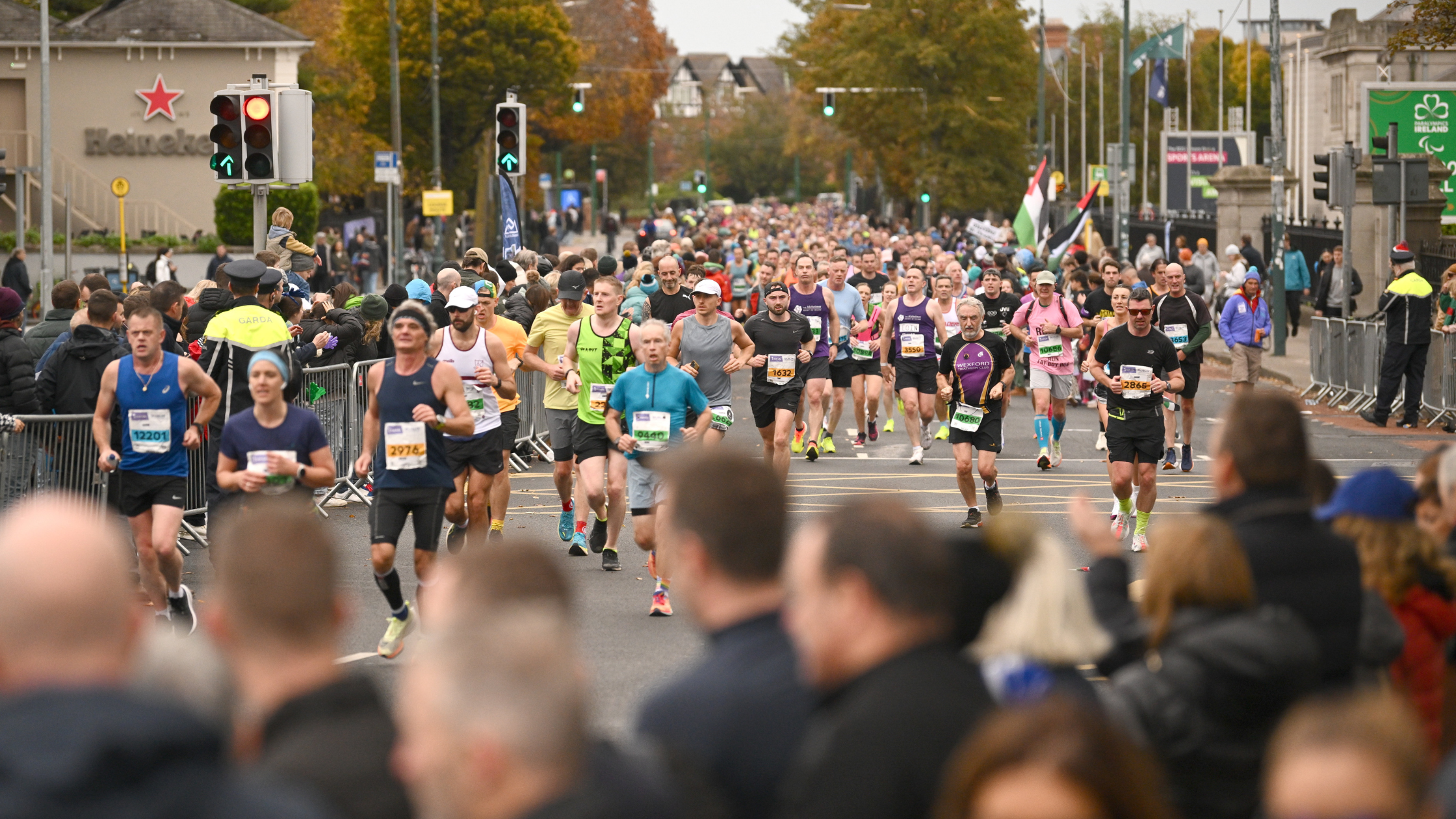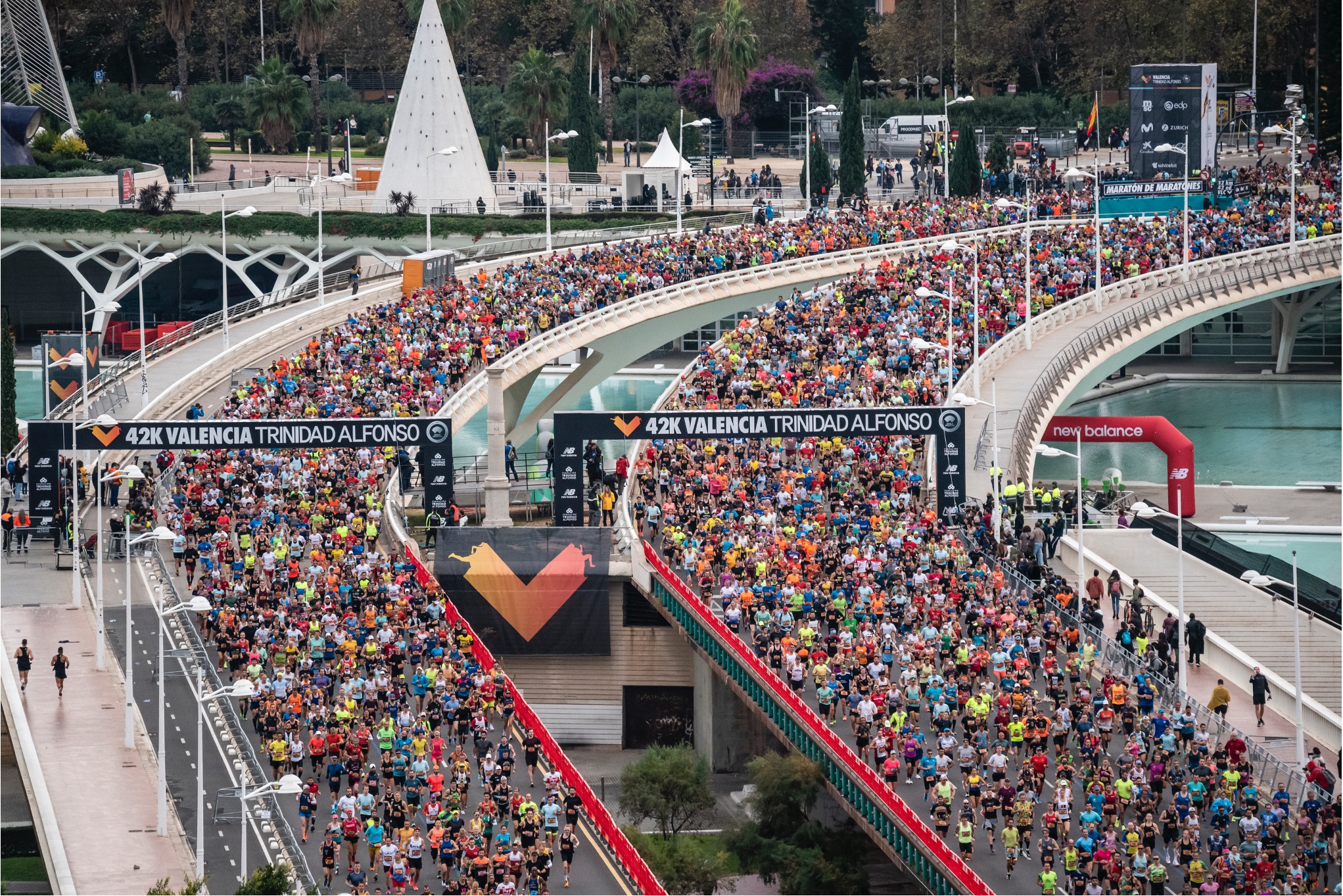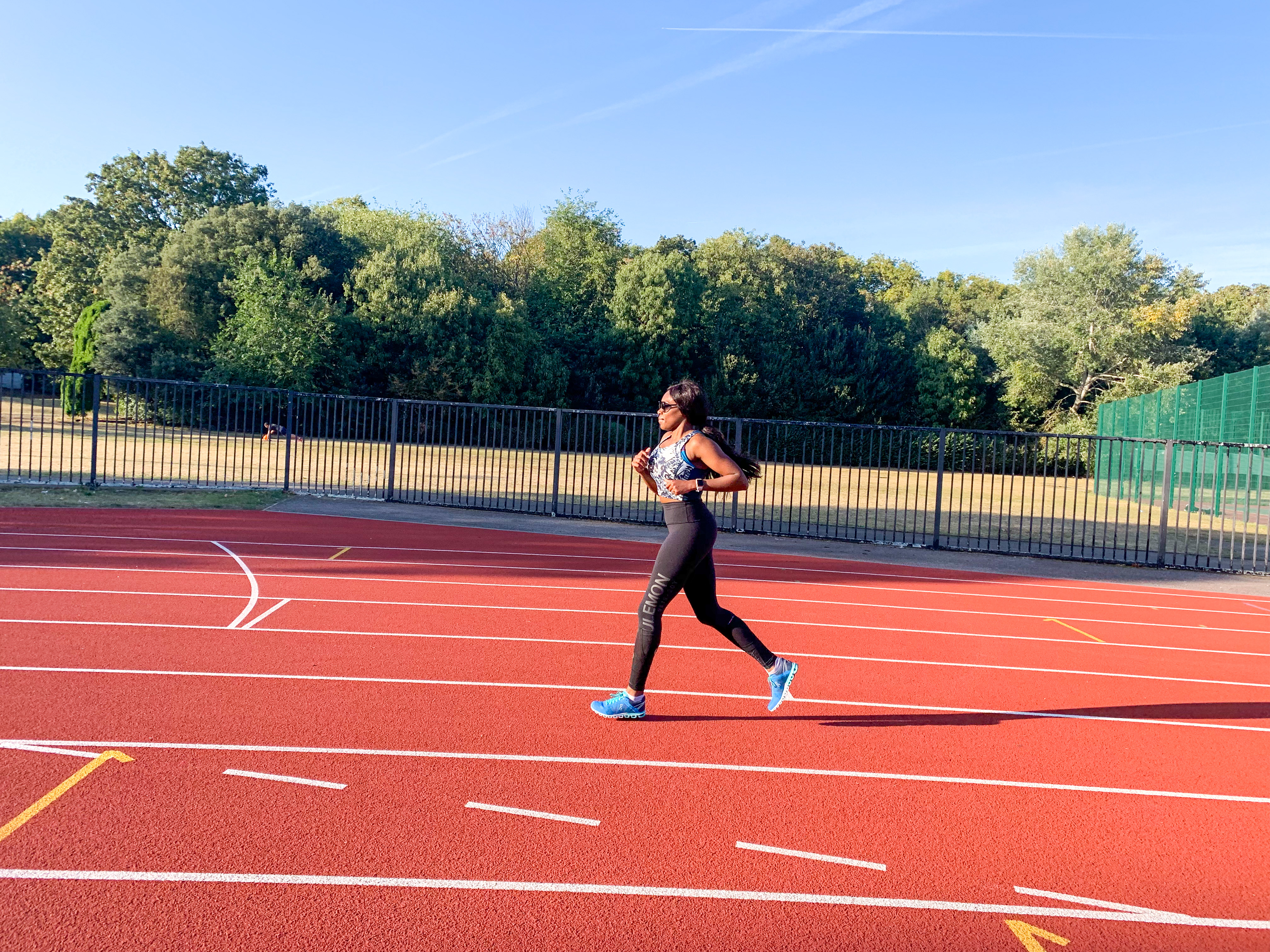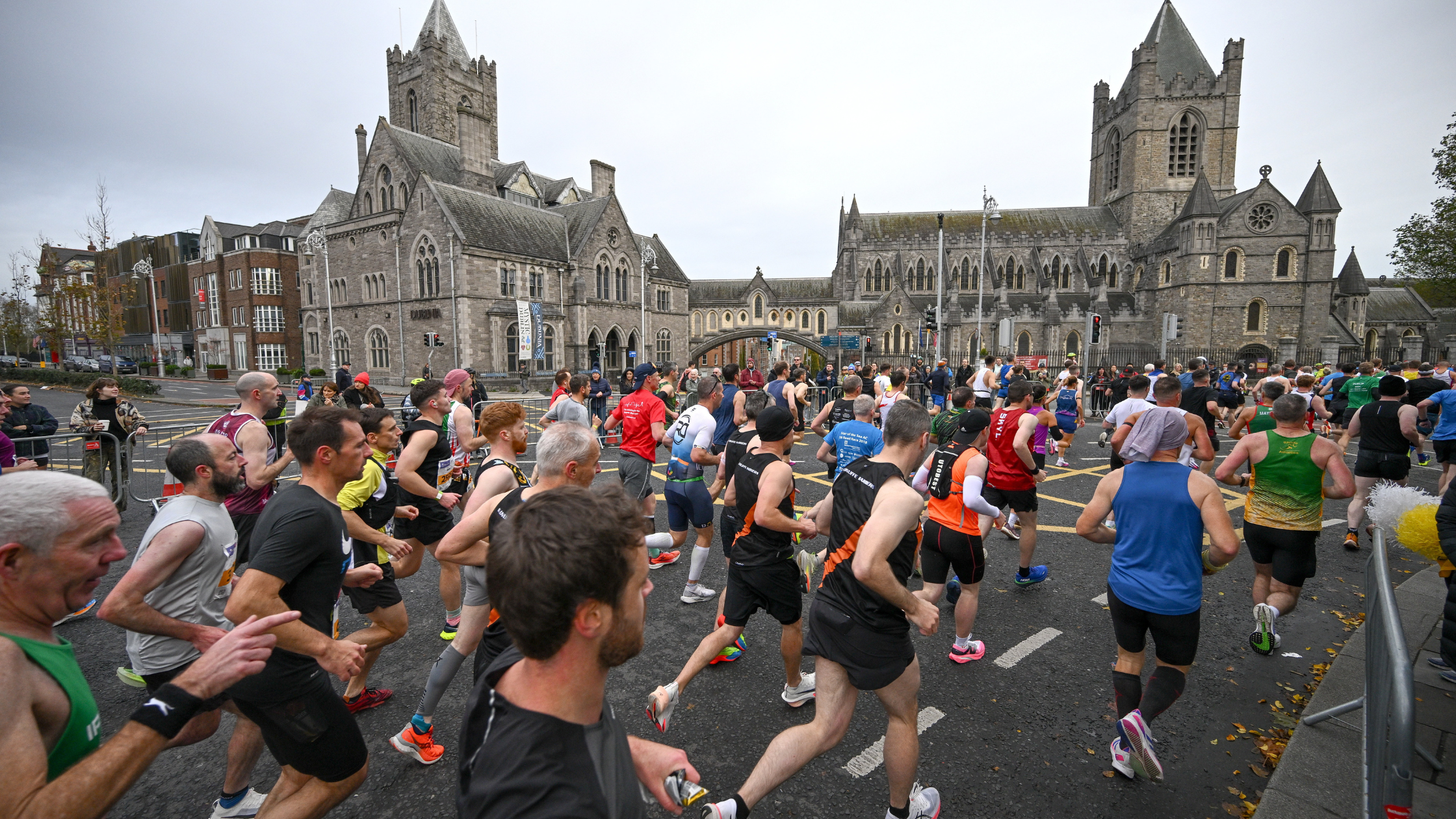Not sure what kind of foods you need to be eating to fuel your running? Check out the simple ideas that you can easily pick up in your local supermarket.
It's vital that runners eat the right kinds of food to correctly fuel their running, so here are some great running diet ideas, including food and snack suggestions and post-run energy boosters.
What are the best foods for runners?
Ask any runner what is the best food to support training, and 90 per cent of the time the answer will come back as ‘pasta’. Pasta is not only the runner’s food of choice, it’s also ideally suited to fuelling your training and racing, as it provides unprocessed, slow-release energy, which is particularly suitable for endurance events such as the marathons.
A diet of pasta alone doesn’t make for a balanced nutrition plan, though. The most common mistake that runners make is to focus so much on fuel that they neglect repair and rebuilding, which is provided by protein.
The most common mistake that runners make is to focus so much on fuel that they neglect repair and rebuilding, which is provided by protein.
When you run, every footstep can damage blood cells and your muscles can also suffer from microscopic damage. However, a diet that includes good-quality low-fat protein, found in lean meat and fish, will ensure that your muscles remain in top condition. So, protein is a very important component of your diet.
Also, as a runner your hydration requirements will be greater than that of sedentary people and you’re more likely to need ‘food on the go’, so fluids and snacks are also important. Put all the above elements, pasta, protein, fluids and snacks, together and you’ve got the top 10 runners' foods.
1. Pasta
We’ve already mentioned pasta but it’s still an excellent place to begin. Pre-race pasta parties are popular for a reason, and that’s because if you’re competing in a race such as a marathon, pasta can make the difference between hitting the wall or steaming straight through it!
Pasta is an easily digestible, extremely varied dish that provides slow-release energy, which is exactly what a marathon runner needs. Even if your event of choice isn’t the marathon, pasta is still an excellent, low-fat staple to have, and combined with low-fat protein such as lean meat or tuna, it makes an excellent runner’s refuelling package.
2. Bananas
The original snack food, readily available and requiring no preparation, the banana is the healthy equivalent of fast food. It is ideal for rapid refuelling and comes in its own biodegradable wrapper!
For slower-release energy, choose greener fruit, whereas if you’re after more of a quick energy ‘hit’ then get browner, riper fruit, as the different colour indicates that the banana has more fruit sugar, which makes it better for a post-run snack.
3. Oatmeal porridge
The number one breakfast food, porridge basically consists of unprocessed oats, and little else. If made with skimmed or semi-skimmed milk, it will provide the optimum mix of protein, fibre and slow-release energy.
Whether you’re eating it pre-race, pre-training run or, even better still, as a regular daily starter, you can’t beat the original breakfast food to get you going each morning. Watch out for porridge look-alikes, though, such as instant varieties or oaty-type cereals, because although they are a far healthier option than many sugar-laden cereals, they are a less suitable choice than pure and simple porridge.
4. Other breakfast cereals
Second best to porridge but still excellent runner’s foods are other breakfast cereals such as muesli and wheat biscuits. Providing you check the ingredients list for added sugar and fat, there are many cereals that can be consumed as excellent pre-event foods.
Try to avoid sugar-coated-type cereals and many of the varieties that are marketed towards children, though, because nutritionally they are extremely poor and will not prepare you in the morning for your training or race.
5. Water
Although not a ‘food’ in the strictest sense, water is a key component for everyone, and runners in particular. As a runner, you lose a considerable amount of fluid through sweating and on the breath, so even in cold weather you will still have to focus on hydration .
You should endeavour to be continually topping up your fluid levels as you run, and drinking water is the easiest way to do this. A minimum of 2 litres per day should be your basic target, or more in hot weather and on training days.
6. Glucose drinks
Sometimes perceived as ‘the enemy’, glucose drinks actually do have a place in the runner’s nutrition plan. In addition to supporting your running in long distance races, a glucose drink should be your food of choice after a training session.
The first 15 minutes after you finish exercising is the ‘golden window’ for optimum refuelling...
The first 15 minutes after you finish exercising is the ‘golden window’ for optimum refuelling, when your body is most receptive to restocking your fuel tanks and does so at a faster than normal rate. If you consume a glucose drink after your run, you will maximise your refuelling during the golden window, and also commence re-hydrating at the same time!
7. Cereal bars
For an easy-to-pack, generally healthy snack, a cereal bar is extremely handy. Cereal bars have a long shelf life, and compared with many other foods (such as bananas) don’t object to being bashed around in your kit bag, so they’re excellent standbys.
However, not all cereal bars are equal, some have as much fat and sugar in them as chocolate bars! So read your labels with care and choose varieties that have as few ingredients as possible, which means that they’re less likely to be laden with additives and unnecessary chemicals.
8. Rice
Similar to pasta, rice is also an excellent ‘long-distance’ food, and is both easy to prepare and readily available. Opt for boiling or steaming rice rather than frying it, otherwise you’ll be adding unnecessary calories. Additionally, try to select wholegrain varieties which will provide more fibre, further helping the slow-release energy process.
9. Lean meat and fish
By avoiding the fatty cuts of meat and concentrating on skinless, low-fat varieties, or alternatively fish, you’ll be providing your body with the necessary building blocks for repair. For a runner in heavy training, as much as 1.5g of protein per kg (0.6g per lb) of bodyweight may need to be consumed per day, which is a lot to get through, so you’ll need to work at keeping your protein intake at the correct level.
Try to include protein with each meal, and focus on animal types over vegetable proteins because animal proteins are complete, containing the full complement of amino acids needed by the human body, whereas vegetable proteins are incomplete, and are missing some amino acids. Vegetable proteins therefore have to be eaten in combination with other foods for the body to be able to use the protein effectively.
10. Fruit and vegetables
Everyone should be focusing on a minimum of the five-a-day fruit and veg strategy, but runners should try to get even more, because their energy and overall nutrition requirements are greater.
Choose darker varieties, as they contain more nutrients, for example, broccoli has far more iron in it than iceberg lettuce. Also, watch your fibre intake, because otherwise you could find yourself stuck in the smallest room instead of pounding the trails!
So how’s your running larder?
There are many similarities between a standard healthy nutrition plan and one for runners. However, if you want to get the most out of your running, it makes sense to focus on a healthy diet generally, plus increase your water intake and monitor how much protein you eat. These additional elements will mean you are better prepared, recover better and avoid the risk of over-fatigue, illness or injury.

